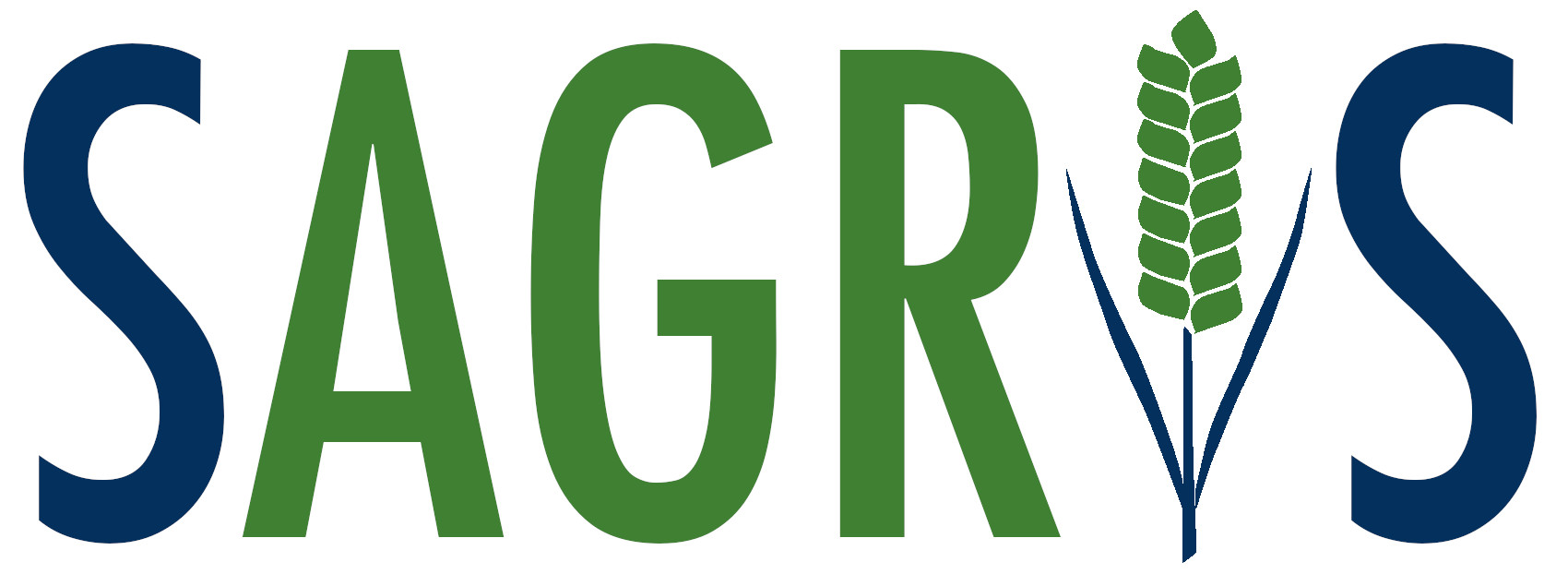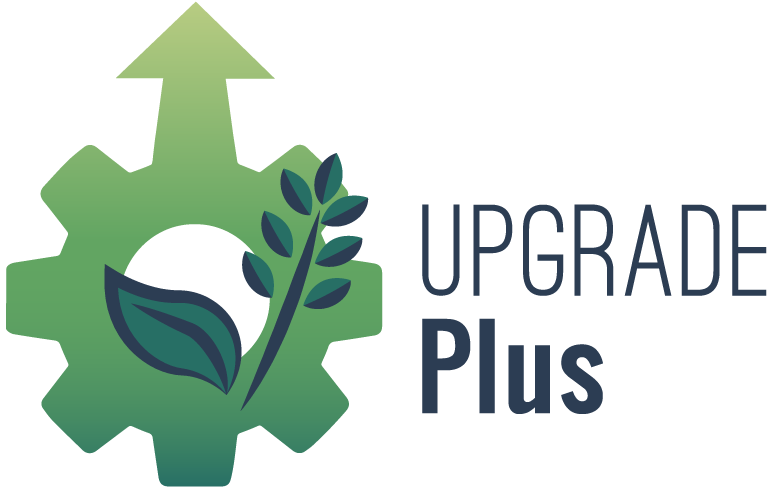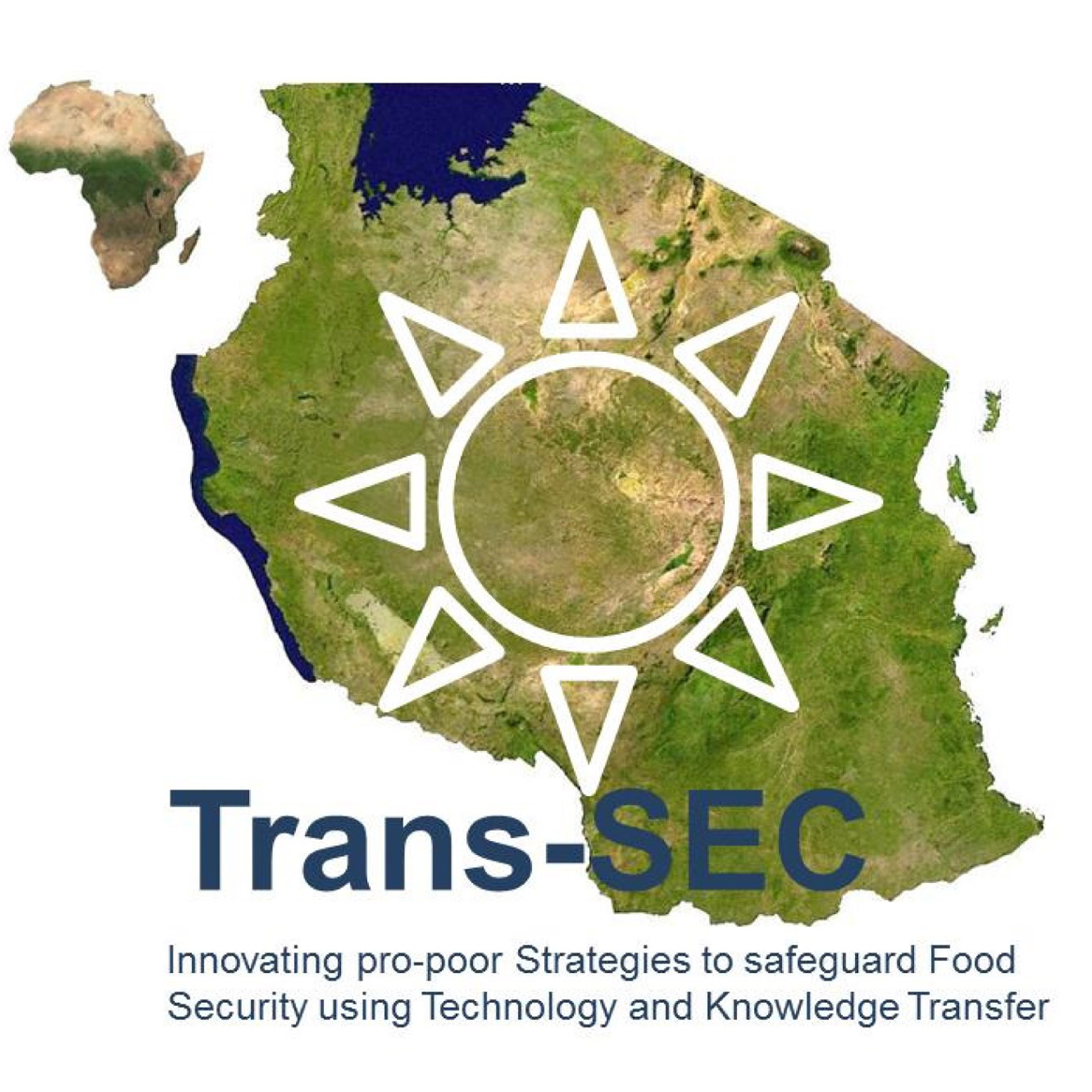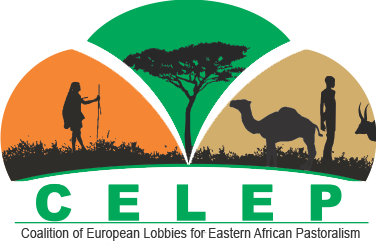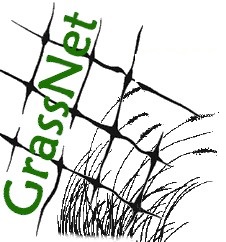Empowering Jua Kali to combat mycotoxins in Kenya’s maize supplies: A participatory design approach with transdisciplinary knowledge integration
In the frame of the Volkswagen Foundation initiative, “Knowledge for Tomorrow – Cooperative Research Projects in Sub-Saharan Africa: Livelihood Management, Reforms and Processes of Structural Change”
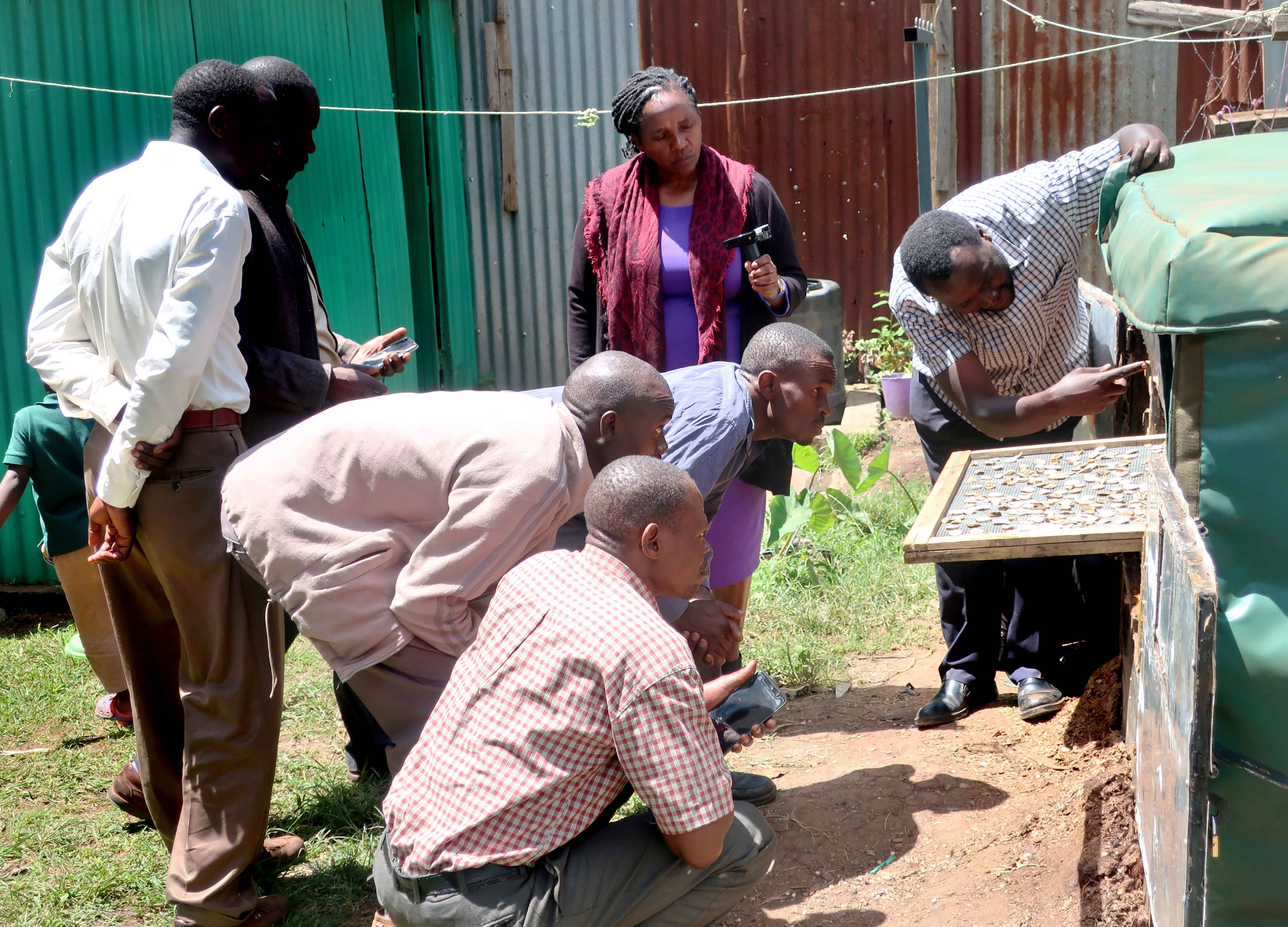
Assessing the new drying system with different Jua Kali artisans (Photo by M. Lelea, Kenya, 2019)
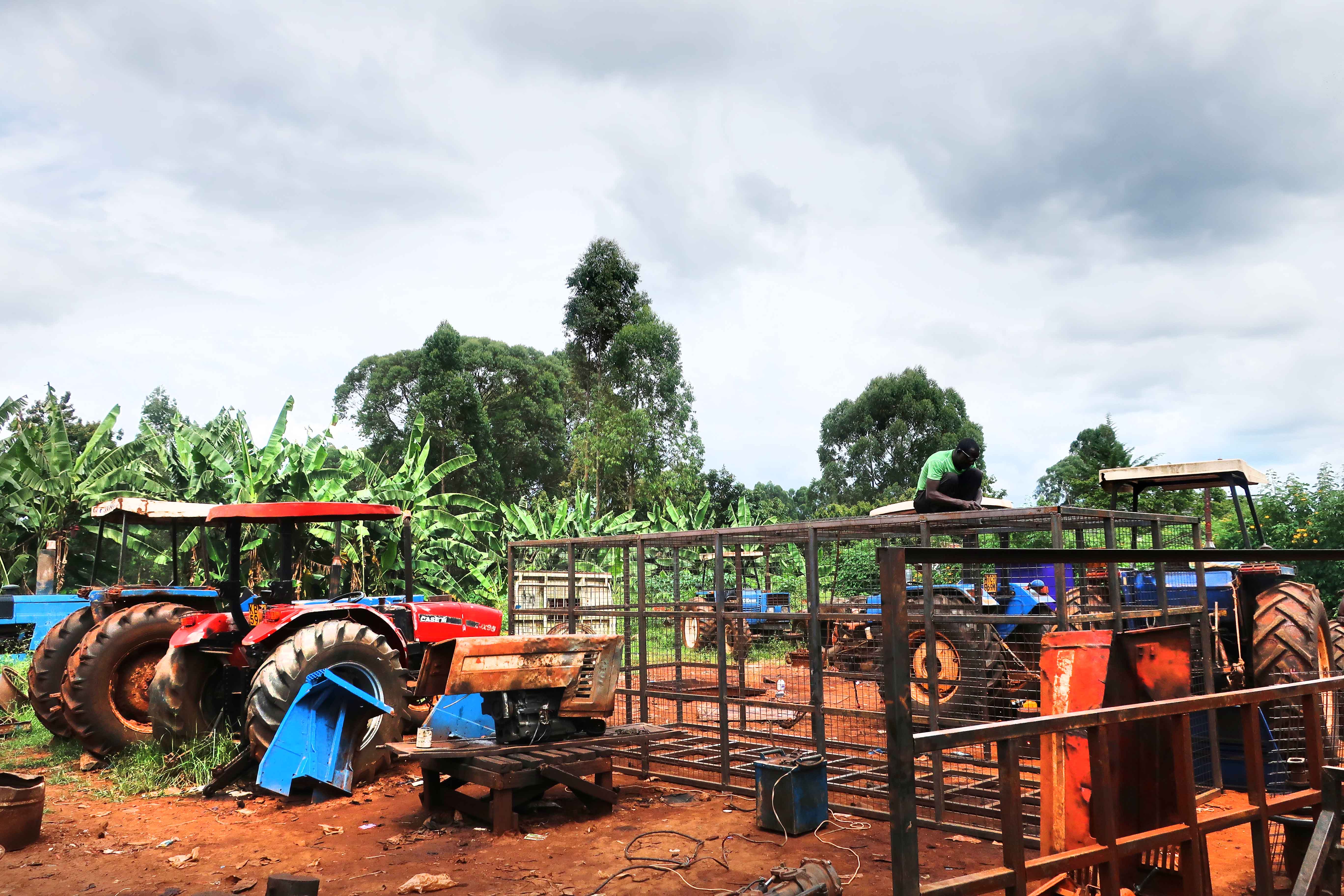
A Jua Kali metal worker welding part of the larger maize drying system (Photo by M. Lelea, Kenya, 2019)
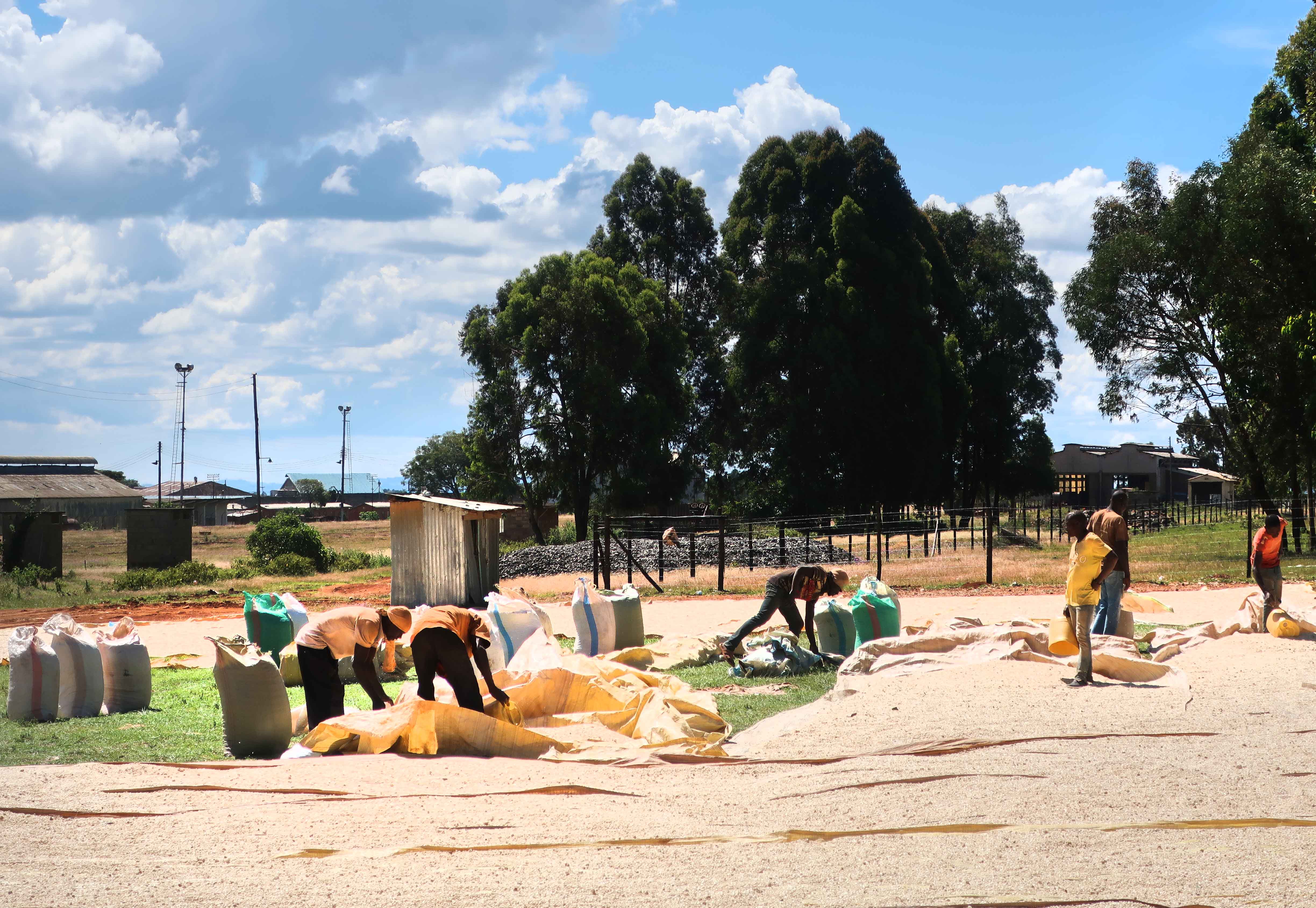
Traders organizing sun-drying in urban Eldoret (Photo by M. Lelea, Kenya, 2019)
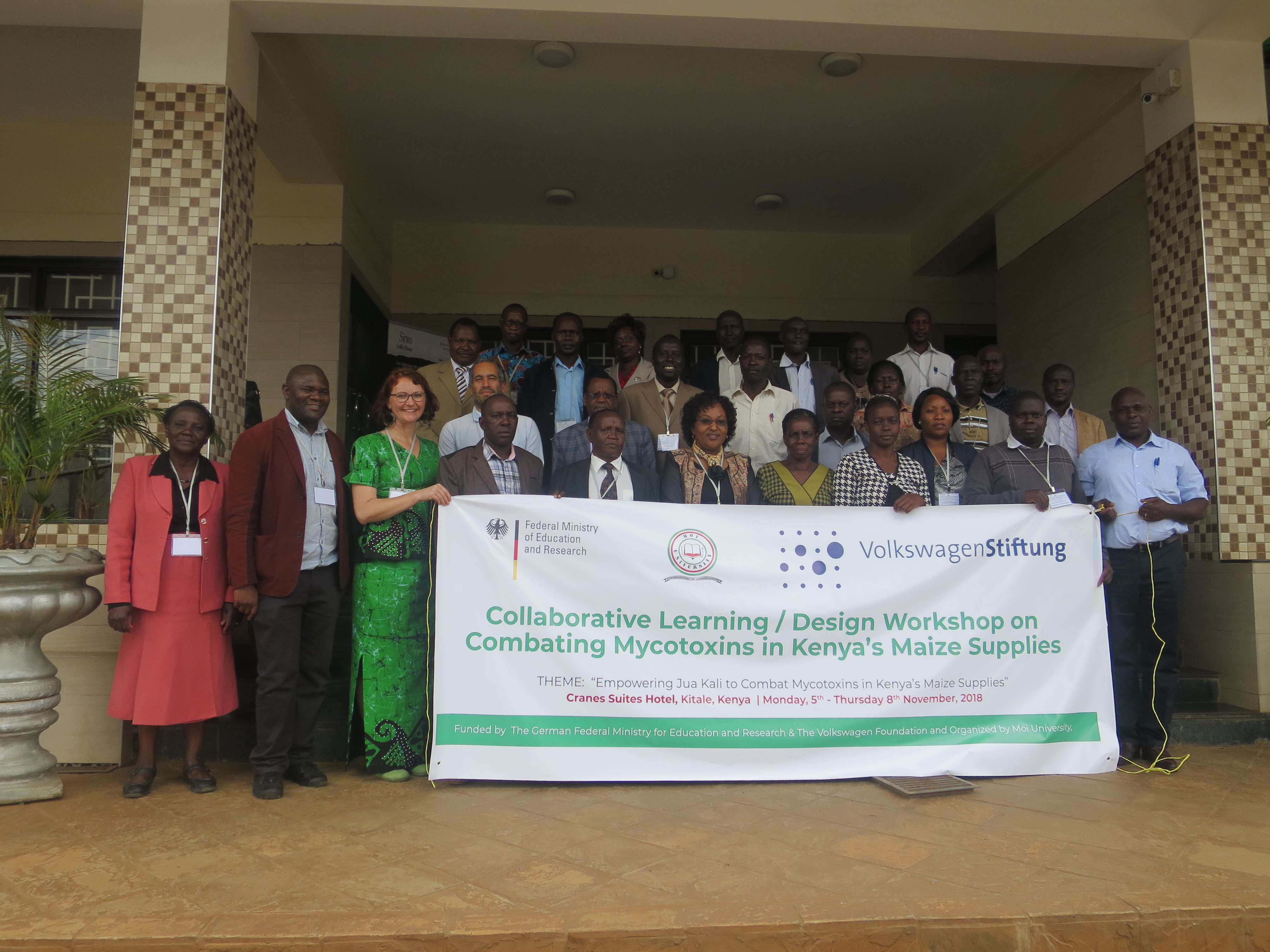
Multi-stakeholder Collaborative Learning Workshop in Kitale (Kenya, 2018)
Kenya is overburdened by the high prevalence of mycotoxins that contaminate foods. In November 2019, five major brands of ugali corn meal were recalled from the market for exceeding aflatoxin thresholds. Degraded maize quality negatively impacts the health of Kenyans and maize losses (up to 30% at the farmer level) accumulate along the value chain and threaten livelihoods of already impoverished communities. Despite global efforts to address the crisis, many solutions introduced rely on technological imports to the detriment of local microenterprises, specifically to those involved in manufacturing – such as the Jua Kali artisanal workers in Kenya. As sustainable livelihood management requires the integration of local competencies and resources into proposed interventions, this proposed project focuses on a participatory approach to mycotoxin reduction by involving Jua Kali. The focus of this project is to design technologies that can be used on smallholder farms and produced by the Kenyan Jua Kali sector. Using a participatory design approach to technology innovation, societal stakeholders will be brought into a knowledge creation process together with engineers, microbiologists and social scientists, that will seek to:- expose and contextualise existing barriers to innovation and entrepreneurship; appraise local (on-farm) postharvest technologies with regard to their potential to mitigate mycotoxins; co-design and prototype selected on-farm technologies for mitigating mycotoxins and evaluate strategic linkages to accelerate their adoption and commercialisation through the Jua Kali sector. Participatory design approaches are useful not just for realising user-centred products, but also building competencies and capacity to develop “home-grown” solutions. The success of this approach could inform other technological research initiatives in Africa, beyond just mycotoxin reduction as envisaged in this project.
Coordination:
Dr. Isaiah Muchilwa, Department of Mechanical, Production and Energy Engineering, Moi University, Kenya
Social Sciences Post-Doc – Germany
|
Dr. Margareta Amy Lelea – DITSL, Germany
|
 |
Research assistants and Master’s students
Mrs. Catherine Ndiso – Social Sciences research assistance in Kenya
Mr. Mwape Chikonkolo Mwewa – MSc student, Engineering, Moi University, Kenya
Mrs. Lorah Maritim – MSc student, Social Sciences, Moi University, Kenya
Mr. Samwel Melly – MSc student, Engineering, Moi University, Kenya
Mrs. Felicia Ndungu – MSc student, Social Sciences, Moi University, Kenya
In collaboration with:
| Prof. Dr. Oliver Hensel, Agricultural and Biosystems Engineering, University of Kassel, Witzenhausen |
|
| Prof. Peter Omboto, Department of Quantitative and Entrepreneurship Studies, Moi University, Kenya |
|
| Dr. Joseph Kudadam Korese, Department of Mechanisation and Irrigation Technology, Institute for Development Studies, Nyankpala Campus, Ghana |
|
| Prof. Olusegun O. Atanda, McPherson University, Ibadan,Nigeria |
|
NaviNut - Enhancing Women´s Agency in Navigating Changing Food Environments to Improve Child Nutrition in African Drylands
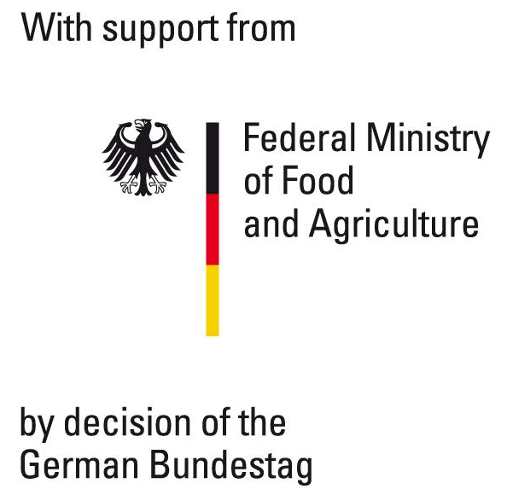
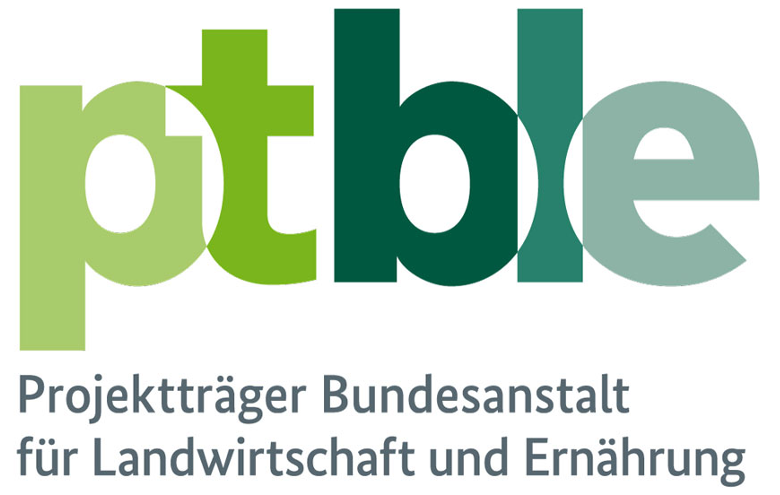
Final report and publications
NaviNut: Projektsteckbrief_Projektende
Policy Brief: Mothers’ contribution to knowledge co-creation in local diagnosis and management
Project summary
NaviNut investigates food environments in East and West African drylands using an actor- and activity-oriented, transdisciplinary research approach with the aim of enhancing women’s agency in their different food-, nutrition- and health-related roles, and to support their capacity to navigate their rapidly changing food environments. NaviNut integrates knowledge, perspectives and interests of mothers from different socio-economic backgrounds, food processors and retailers, community health workers, regulators and various scientific disciplines. The objectives are to a) understand the complexity and dynamics of women’s decision-making in feeding their young children; b) contribute to the design of healthy food environments by increasing accessibility and desirability of locally available, highly nutritious, traditional food products; and c) improve community health services by designing appropriate nutritional dialogue models that enhance women’s learning on child nutrition. NaviNut will work in rural and (peri-)urban areas of drylands in northern Benin and northern Kenya to capture changing lifestyles and nutritional habits, and to increase the scope for outscaling its results in sub-Saharan Africa.
Consortium
German Institute for Tropical and Subtropical Agriculture (DITSL), Germany (coordinator)
South Westphalia University of Applied Sciences, Faculty of Agriculture (SWUAS), Germany
Prolinnova - PROmoting Local INNOVAtion in ecologically oriented agriculture and natural resource management, Germany
University of Parakou (UP), Benin
University of Abomey-Calavi (UAC), Benin
Center for Research and Development in Drylands (CRDD), Kenya
Tropical Institute of Community Health and Development (TICH), Kenya
Jomo Kenyatta University of Agriculture and Technology (JKUAT), Kenia
Background
Global change processes induce complex transformations in African dryland societies. This strongly affects the nutritional situation of dryland inhabitants and makes it difficult for them to acquire balanced and healthy diets, resulting particularly in high malnutrition rates for children under 5 years.
In most dryland areas, nutritional interventions (governmental / nongovernmental) have not achieved the intended improvements, also because the nutritional recommendations are not adopted. We see two main reasons for this failure: a) a lack of understanding as to why nutritional recommendations (e.g. increase dietary diversity) are not taken up by mothers, and b) a lack of year-round supply of highly nutritious food products in drylands. Both reasons underline the necessity to increase our understanding of consumers’ “personal food environment” (i.e. food accessibility, affordability, convenience, desirability) and how this influences child-feeding practices.
In order to contribute to improved family and child nutrition and to more regular consumption of safe, nutritious and healthy foods in African drylands, NaviNut explicitly targets women in their different roles as i) mothers responsible for child and family nutrition and health; ii) value-chain actorsinvolved in production and processing of highly nutritious traditional food products (TFPs); and iii) citizens whose perspectives and contextual needs must be considered in governmental service provision.
Objectives
NaviNut aims at enhancing women’s agency in their different food-, nutrition- and health-related roles and at supporting their capacity to navigate their changing food environments.
NaviNut’s main objectives are to:
a) understand the complexity and dynamics of women’s nutritional decision-making in child-feeding practices, including their purchase and consumption criteria;
b) contribute to designing healthy food environments by increasing accessibility, convenience and desirability of locally available, highly nutritious TFPs with emphasis on consumer communication in order to nudge healthier purchase and consumption decisions;
c) mobilise this knowledge to build capacity of community health volunteers (CHVs) and improve promoted child-nutrition and healthcare packages to better respond to contextual conditions as well as mother’s needs and capacities
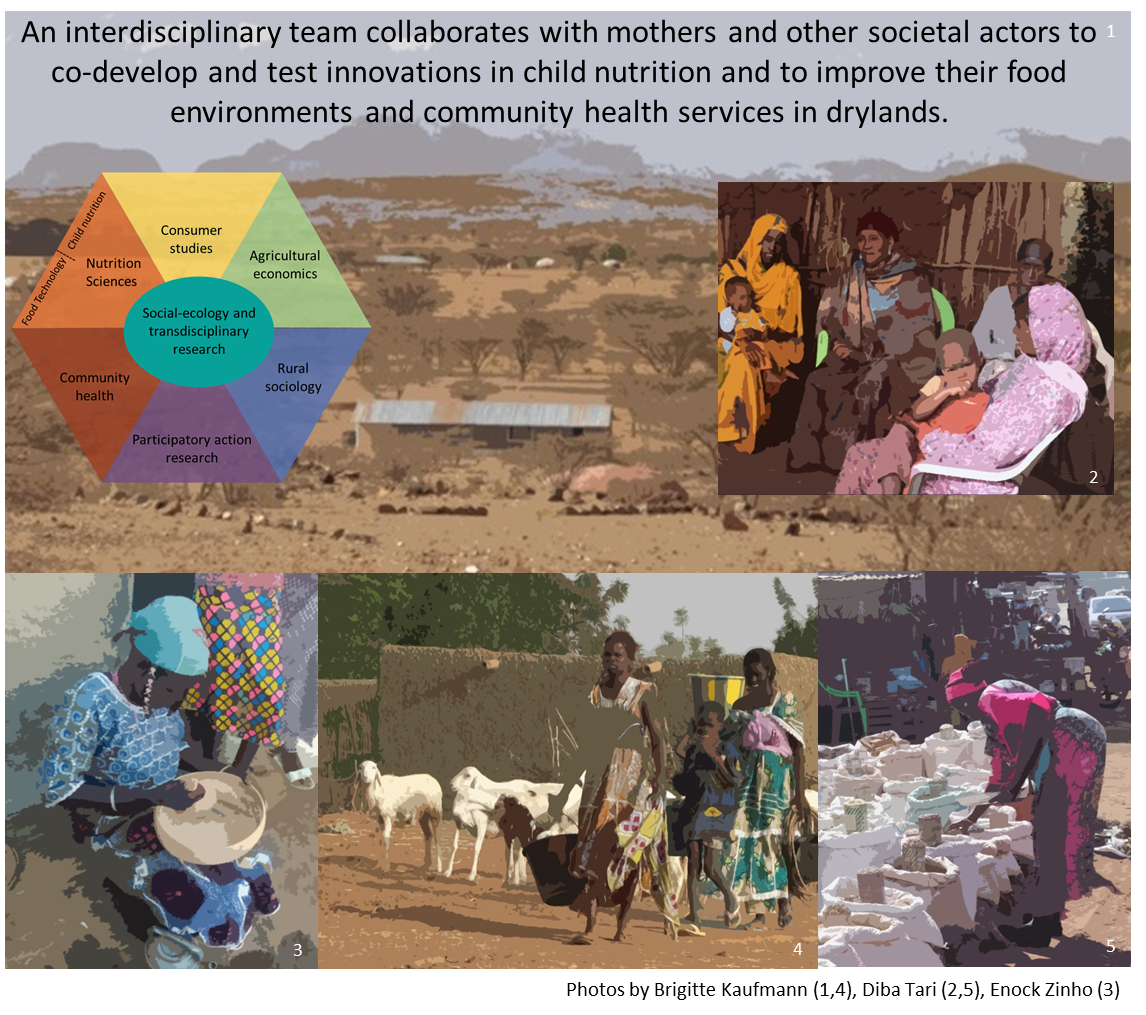
Short Description
NaviNut investigates food systems in rural and periurban areas in the drylands of northern Kenya and northern Benin.
In a transdisciplinary research approach, scientists of different disciplines, women in the study areas (in different roles as mothers, consumers/citizens and processors of TFPs) and other value-chain actors (e.g. community health personnel, social workers, kindergartens/schools, food processing micro- and small-scale enterprises (MSEs)) engage in multi-actor co-innovation processes. NaviNut seeks to identify and build on “positive deviance”: innovation by women who use locally avail-able resources to feed their children better than do other wom-en in the same area. Peer-to-peer learning, participatory experimentation and participatory innovation development using action funds (local innovation funds) are core to achieving the contextual knowledge gains and practical outputs. Technological innovations for small-scale processing and packaging will make it possible for women entrepreneurs and other actors to improve their livelihoods by producing and marketing healthy, safe, tasty and culturally acceptable convenience products based on highly nutritious traditional food products.
NaviNut aims to reveal customary child-feeding practices, their contextual reasons and physical and social cues (e.g. so-cial/cultural norms, questions of identity, influence by peers). In order to understand nutritional behaviour, second-order observation is used to elicit the perceptions, emotions and knowledge of mothers that influence their child-feeding prac-tices and dietary decisions.
NaviNut uses eye-tracking data to inform labelling and adver-tising strategies and templates for improved information shar-ing on nutritional value of its products. It will develop commu-nication strategies and materials related to child food and nu-trition that appeal to mothers’ cognitive and emotional needs with the aim to nudge healthier purchase decisions. It will test an ITC tool to share visual and oral information on child nutri-tion derived from peer-to-peer exchanges.
NaviNut will identify gaps in the governmental support system for implementing sustainable and scalable child-nutrition interventions, including CHVs’ training needs to effectively support nutritious child-feeding practices. Communication for Development (C4D) will be used to facilitate dialogue, participation and engagement of communities and networks for positive social and behaviour change. NaviNut will build CHVs' capacity to facilitate an appropriate and respectful community-dialogue model.
Agroecology and organic farming
Agroecology is a dynamic concept that encompasses a range of agricultural practices for sustainable agroecosystem management, a global social movement that seeks for systemic change of prevalent agri-food systems and a transdisciplinary field of science for agricultural sustainability and transition research.
The emerging transdisciplinary character of agroecology in science, and its quest to build on multi stakeholder partnerships between different scientific disciplines and relevant stakeholders along agri-food chains to solve real world problems, is inherent to DITSL research programs. Our applied and actor-oriented research focus advances methods for conceptualizing and institutionalizing transdisciplinary collaboration in agroecology research for increasing innovation capacity of involved stakeholder groups.
We employ a social-ecological systems approach to gain understanding of specific social, environmental and economic interactions and interdependencies in agroecological smallholder systems and regional civic food networks from the different stakeholders’ perspectives. In a collaborative research process, potentials and constraints of agroecological approaches are identified, and contextualized transition pathways towards agroecology co-developed.
DITSLs longstanding expertise in agricultural low-external-input systems in the tropics and subtropics, and close research collaborations with various departments of the Faculty of Organic Agriculture at the University of Kassel are utilized to study differentiating characteristics and commonalities between organic farming and agroecological agri-food practices. We explore purposeful integration of both concepts in the development of innovative forms of cooperate organization of food systems, which are socially, ecologically and economically embedded in local and regional cycles.


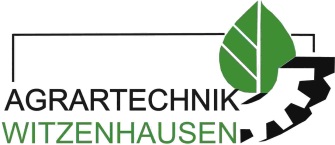
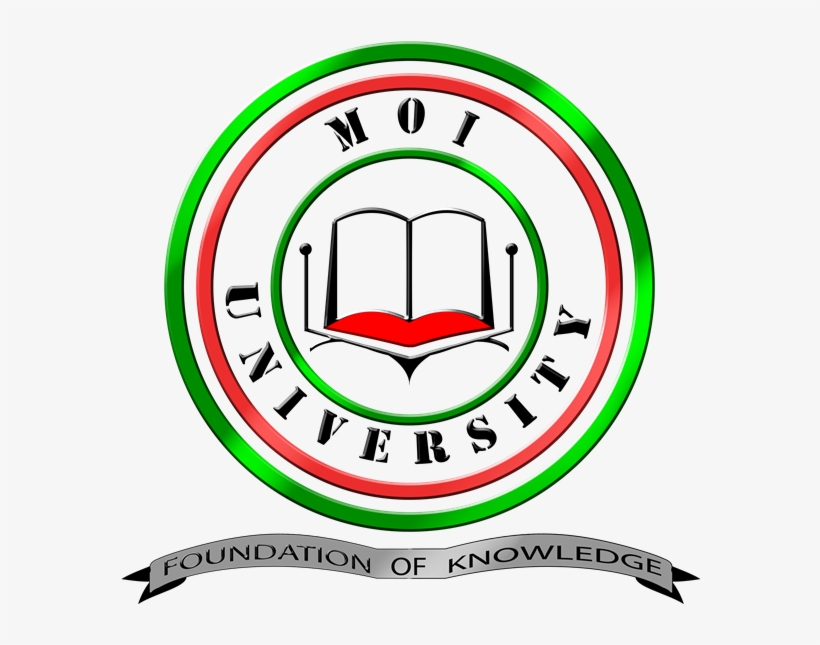

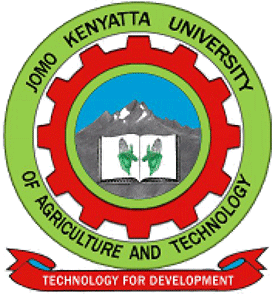

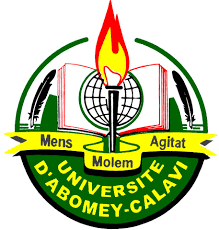






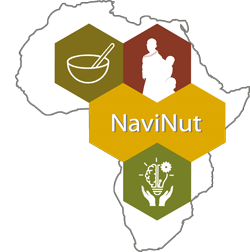 NaviNut
NaviNut